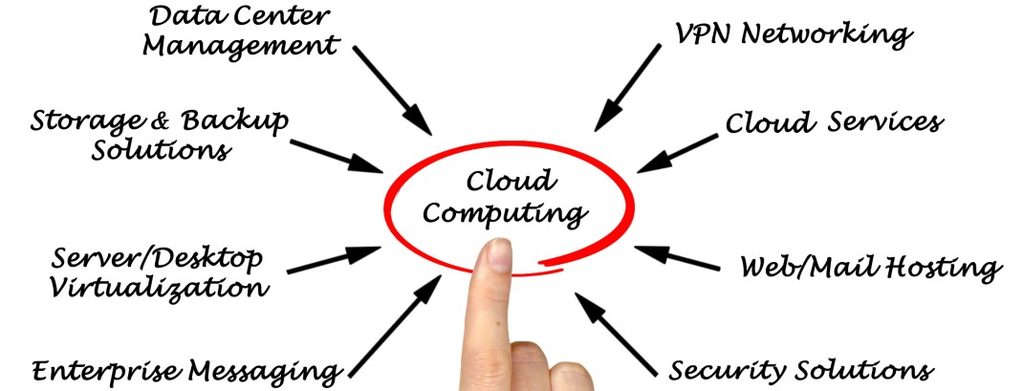Cloud computing has been on the rise for quite a while now. And the technology is here to stay, because it has become the norm in the enterprise world. According to cybersecurityventures.com, there will be over 100 zettabytes of data stored in the cloud by 2025.
Cloud computing has also created an interesting debate about traditional hosting, and whether the cloud is really the best option for hosting a website. This blog post will help you understand the most important factors regarding cloud hosting, and how you can evaluate any cloud provider based on these factors.

1. What is cloud hosting?
Cloud hosting refers to a variety of virtualization technologies, which are used to host your websites and databases on remote servers. It is the best way to keep your website and data safe and secure, without needing to invest in expensive hardware and software, maintain it, patch it, and so on.
The service provider sets up a virtual server, and then makes it available to the client. Customers only pay for the time they use the servers, or for other cloud resources that they need to use.
The main advantage of cloud hosting is its ease of use and flexibility; all the needed software and hardware is preinstalled, and users can access their resources from anywhere in the world. Another key advantage of cloud hosting is its reduced cost. You don't have to pay a system administrator, for example, because all the server upgrades and patches are taken care of by the cloud hosting provider. More than this, the so-called 'elastic clouds' can scale with your needs, giving you more web resources only when you need them, and thus keeping your monthly hosting costs to a minimum.
2. Features to look for in a cloud hosting company.
It's important to do your homework before choosing a cloud hosting provider. There are tons of options out there, and many providers have very similar offers - at least on the surface. In fact, every provider has its own pros and cons, which include pricing issues, various server models, customer support systems, uptime-related problems, and so on.
If you want to choose the right cloud hosting provider, be sure to factor in all these elements, in this order:
- Company reputation.
- Server performance and reliability.
- Tech support.
- Available platforms.
- Pricing plans.
Don't forget to read as many online reviews as possible. Discover other people's experiences with the provider you intend to choose.
3. How to save money on cloud hosting?
Everyone knows that hosting a website in the cloud is far cheaper than buying a server. With cloud hosting, you are only paying for storage and network access, whereas if you wanted to have a dedicated server, you would have to buy all the hardware and software yourself.
As the demand for cloud hosting services increases, the prices are dropping. This is great news for businesses, as they can now have a strong online presence without spending a lot of money on hosting.
There are several ways you can save money with cloud hosting. Begin by finding a provider that offers free migration services, so you can move your data across the new servers without paying anything for that. Then, go with a cloud hosting company that offers discounts for long-term agreements.
You can also use coupons to save money on a variety of hosting packages. You can discover fresh promo codes by searching hosting forums, blogs, and various coupon sites.
Check out the hosting plans carefully, and make sure you aren't paying for things you don't need. Don't be afraid to ask as many questions as you need before committing to a plan.
Finally, don't forget that you can upgrade and downgrade the plan as your company scales up/down. And if you choose a company that offers elastic cloud hosting, you won't have to pay as much money as you would with a higher hosting plan.
4. Conclusion.
Cloud hosting is the future of the IT industry. I guarantee that once you start using it, you will never want to go back to traditional web hosting.